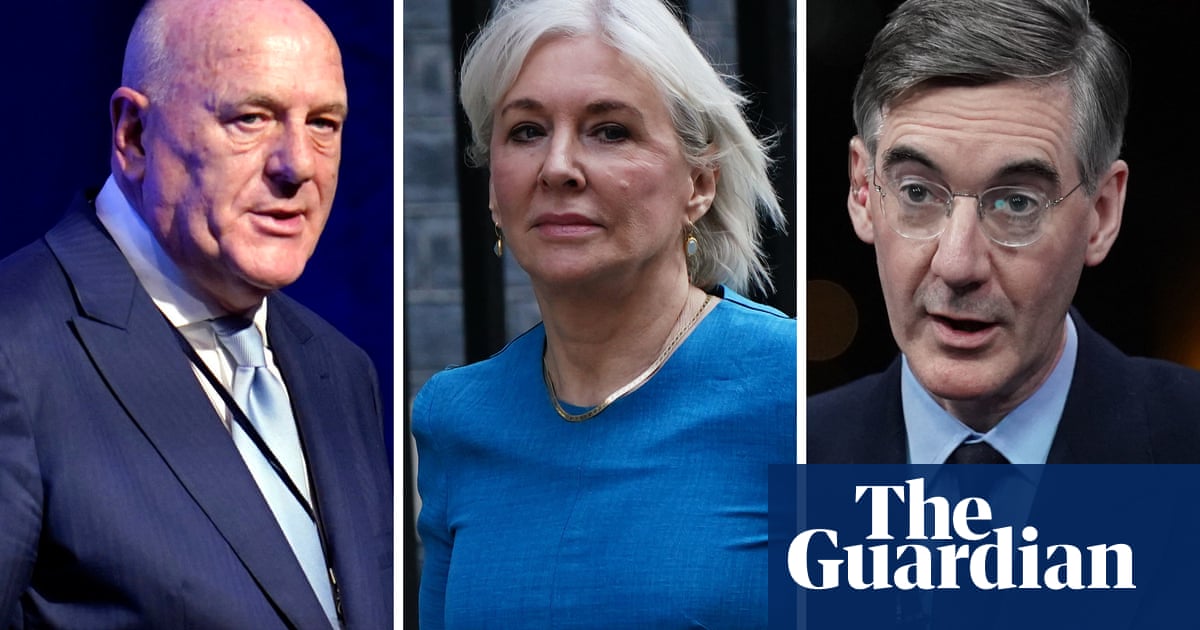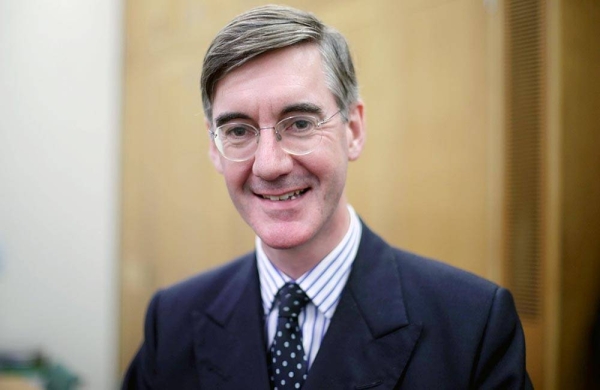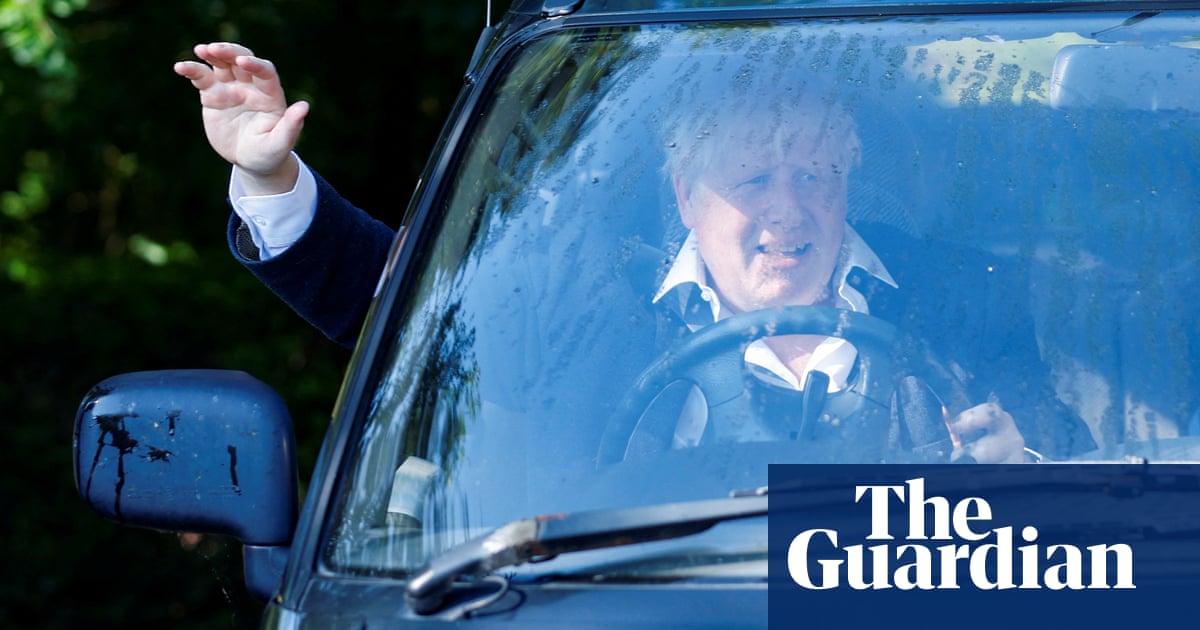
Boris Johnson’s allies are expected to be named in a report published on Thursday about potential “contempts of parliament” committed following the official Partygate inquiry, the Guardian has learned.
Conservative MPs and a peer who are accused of trying to disparage the privileges committee during its 14-month inquiry into Johnson’s Partygate denials are among those likely to be referenced, sources said.
An investigation by the cross-party committee concluded this month that Johnson had committed five contempts of parliament and recommended a lengthy suspension. Johnson quit as an MP after receiving the report.
A follow-up piece of work by the privileges committee has been under way for several weeks. The special report will raise issues encountered by the committee during its initial inquiry, including whether statements by Johnson’s supporters could constitute further breaches of parliamentary rules.
A contempt of parliament is defined as an act that would “prevent or hinder the work of either house of parliament”. In Johnson’s case, this was found to have included undermining the Commons democratic processes by impugning the committee, and being complicit in abuse and attempted intimidation of its members.
Given the committee can only investigate and impose sanctions on those referred to it by a motion passed by MPs, its report is expected to say the matter is one for the Commons as a whole to take forward.
“There is a live question about where the line is between freedom of speech and contempt of parliament,” said one insider.
The Guardian has been told those who face being named in the report include Nadine Dorries, the former culture secretary, and Jacob Rees-Mogg, the former business secretary. Both were Johnson-era cabinet ministers and vocal critics throughout the privileges committee’s inquiry, calling it a “witch-hunt” and “kangaroo court”, respectively.
The Tory peer Peter Cruddas, handed a seat in the House of Lords by Johnson during his premiership, is also likely to be included after having called the inquiry a “political show trial”.
Lord Cruddas told the Guardian it was “nonsense” he had intimidated “a committee of supposedly grown-up individuals”. He added: “If they don’t want people noticing they are a kangaroo court, then they should hop less.”
Dorries and Rees-Mogg were also contacted for comment.
The report will pile pressure on Rishi Sunak, given his commitment to lead a government of accountability and integrity.
Any MP can table a privileges motion, meaning opposition parties could seek to force a vote on whether to refer fresh cases to the privileges committee to try to escalate the matter. However, such a motion would have to be approved by the Commons speaker, Lindsay Hoyle.
There is uncertainty over how the issue of potential further breaches of privilege would be resolved. Given the current seven members of the committee could not adjudicate on a case that directly involved them, a new set of members may have to be found.
But doing so may prove difficult, as adjudicating on Johnson has proved an unenviable task. Some members received threats and were offered extra security in the lead-up to their final report being published.
“Who would want to do that job after what the current members have been through?” a source close to the committee said.
Johnson rallied against the privileges committee’s report that recommended he be banned from getting an ex-MPs’ pass. He said in a statement issued on the day of its publication that the committee had “twisted the truth” and “trumped up charges” against him.












